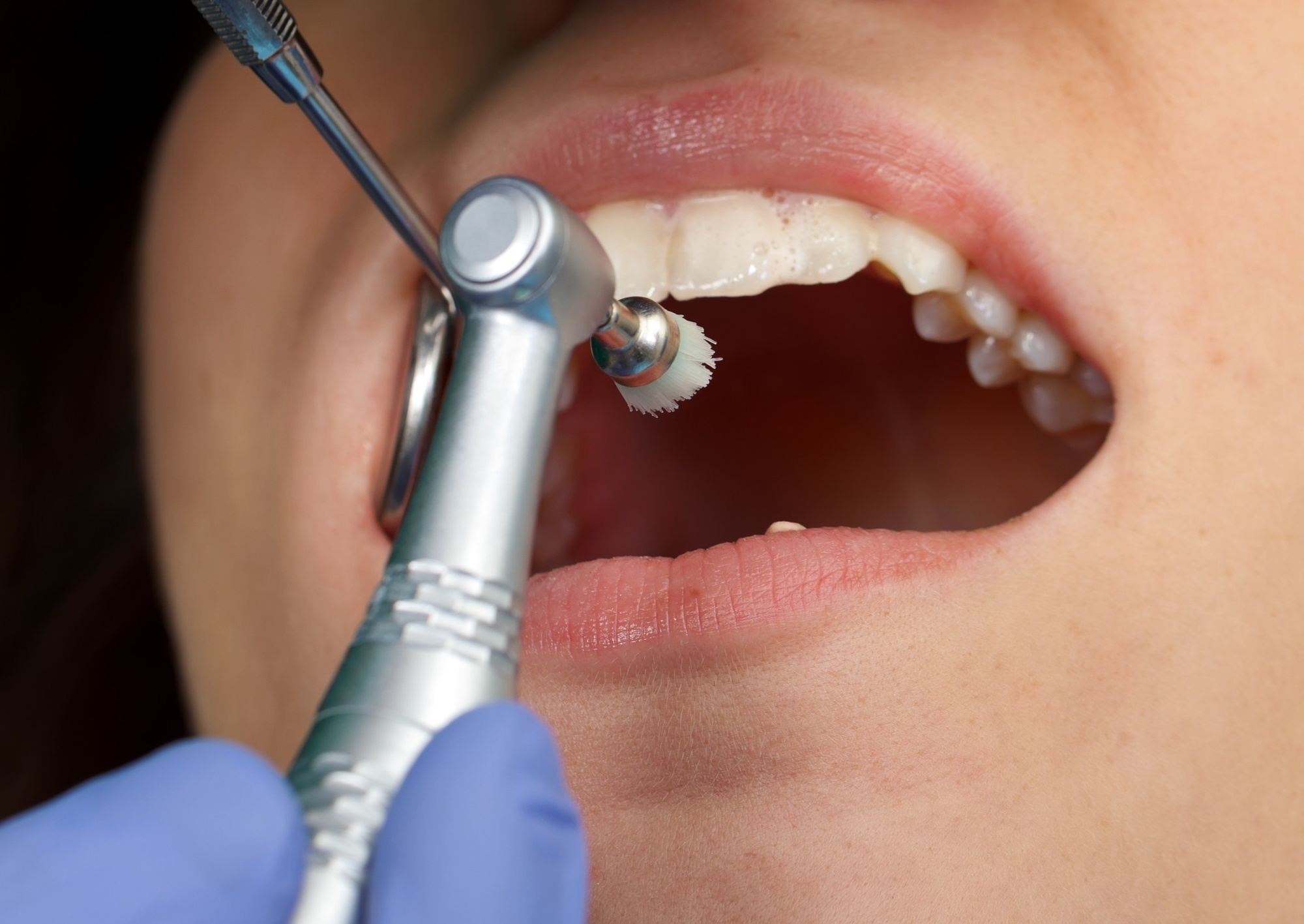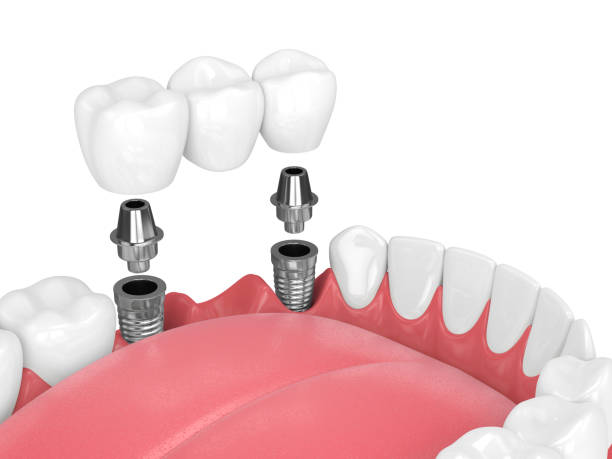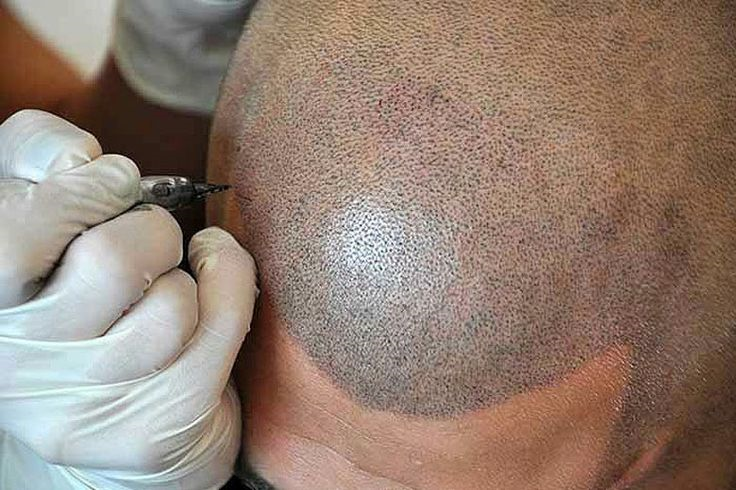While modern dental clinics and treatments like Teeth Cleaning in Dubai are common today, oral hygiene practices vary widely across the globe—many with deep cultural and historical roots. Different regions have developed unique tools, rituals, and philosophies surrounding dental care. Exploring these traditions offers a fascinating look into how humanity has prioritized oral health for centuries, long before toothbrushes and toothpaste became widespread.
Ancient Traditions Still Practiced Today:
Some of the most time-tested oral hygiene techniques are still in use around the world, particularly in rural or culturally preserved communities:
-
Miswak (Middle East, Africa, South Asia): A natural toothbrush made from the Salvadora persica tree, used for centuries for its antibacterial properties.
-
Chewing sticks (West Africa): Locally sourced twigs are used similarly to brushes and are chewed to form bristles.
-
Salt and charcoal (India and Africa): Used as natural abrasives to clean teeth and freshen breath.
-
Neem twigs (India): Known for antimicrobial properties, these are used both as brushes and natural gum treatments.
These practices may seem primitive by modern standards but are backed by both tradition and science.
Asia’s Holistic Approach to Oral Health:
In many Asian cultures, oral hygiene is closely tied to overall health and wellness. Dental care often incorporates natural remedies and preventative philosophies:
-
Ayurveda (India): Oil pulling with coconut or sesame oil is believed to detoxify the mouth and body.
-
Traditional Chinese Medicine: Focuses on the balance of bodily systems, including the mouth, and uses herbs to treat oral conditions.
-
Japanese minimalism: Emphasizes routine brushing, water rinses, and very soft toothbrushes to preserve enamel.
These methods stress the connection between oral health and total body balance, a concept gaining traction in Western preventive care.
Western Dental Innovation and Standards:
Western countries, including the U.S., UK, and much of Europe, place strong emphasis on professional dental services, technology, and routine maintenance:
-
Electric toothbrushes and ultrasonic scalers are commonly used.
-
Bi-annual professional cleanings are standard recommendations.
-
Whitening treatments and aesthetic dentistry are highly popular.
-
Fluoride toothpaste is a baseline requirement for cavity prevention.
These standards have shaped global perceptions of oral care and influenced practices in developing nations.
Teeth Cleaning in the Middle East and Dubai:
In places like Dubai, oral hygiene is a blend of cultural tradition and cutting-edge dentistry. Many residents continue to honor historic practices like using miswak, while also taking advantage of state-of-the-art dental care. Teeth Cleaning in Dubai typically involves:
-
Comprehensive exams with advanced diagnostic tools.
-
Ultrasonic cleaning to remove plaque and tartar buildup.
-
Integration of traditional methods like herbal rinses in some clinics.
-
Emphasis on cosmetic results alongside hygiene.
The region’s fusion of history and innovation makes it a unique case in the global oral health landscape.
African Approaches to Dental Hygiene:
African countries offer a rich diversity in oral health methods. Many rely on natural, locally sourced materials and communal knowledge:
-
Toothbrush trees and twigs remain widely used.
-
Ash, salt, and clay are commonly applied to remove plaque.
-
Cultural rituals sometimes dictate when and how cleaning is done.
-
Urban areas increasingly use Western techniques as dental access improves.
These methods are often affordable and sustainable, though modern dentistry is gaining ground rapidly in urban centers.
Latin American and Indigenous Practices:
From the Amazon to the Andes, indigenous cultures in Latin America have preserved oral hygiene habits for centuries:
-
Herbal mouthwashes made from native plants.
-
Bark-based toothbrushes that provide natural abrasives.
-
Avoidance of refined sugar in many traditional diets, contributing to lower tooth decay rates historically.
Today, Latin American dental care is a mix of these traditions and Western dental services, especially in cities.
What We Can Learn from Global Practices:
While technology and dental science have advanced, traditional methods offer valuable insights and benefits:
-
Natural tools like miswak or neem are biodegradable and eco-friendly.
-
Cultural rituals promote consistency in oral hygiene.
-
Preventative focus in holistic practices encourages long-term health.
-
Adaptability shows that oral care can be effective without expensive equipment.
Blending the best of both worlds—traditional wisdom and modern innovation—can help create more inclusive and effective oral care systems.
Final Thoughts:
Oral hygiene isn’t just a personal routine—it’s a reflection of culture, history, and evolving science. From ancient twigs to high-tech polishers, the global approach to dental care proves there’s no single “right” way to maintain a healthy smile. Whether you’re using traditional methods or booking Teeth Cleaning in Dubai, the core message remains universal: a clean mouth is vital to good health. Embracing diverse practices not only improves our hygiene but also fosters appreciation for the world’s many paths to wellness.







0 Comments